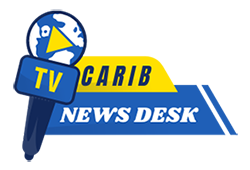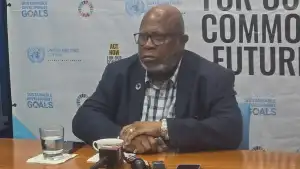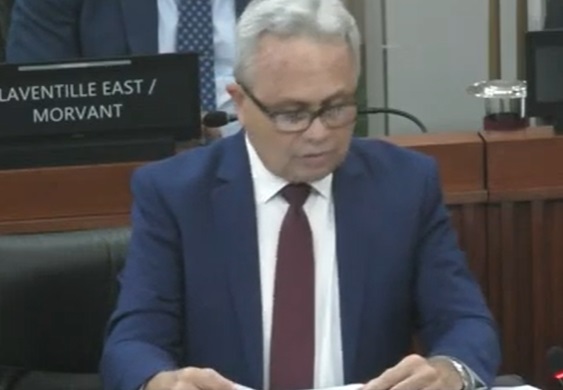Caribbean Community (CARICOM) member-nations would have to thrash out their different positions on Venezuela, as the six members of the sub-regional Organisation of Eastern Caribbean States (OECS) have come out in support of Venezuela’s Nicolás Maduro whose re-election has been condemned at home and abroad.
President of the United Nations General Assembly (UNAG), Ambassador Dennis Francis declined to comment directly on the “sovereign” decision by the left-leaning OECS member states – Antigua and Barbuda, Dominica, Grenada, St Kitts and Nevis, St Lucia, and St Vincent and the Grenadines, but said the wider CARICOM would have to resolve their different positions. “This is not an issue for the UN. This is an issue that CARICOM would have to resolve among itself if there is to be any common approach,” he said at the weekend during his visit to Guyana.
The leaders of the independent OECS members said “We congratulate President Nicolás Maduro Moros, on his victory and re-election to the Presidency of the Bolivarian Republic of Venezuela for a third term and urge that every effort be made towards national reconciliation.”
Guyana, a key United States (US) ally in the Caribbean, has already endorsed many calls for verification of the votes cast in the July 28 election that the opposition and exit pollsters said Maduro lost by a wide margin. President Irfaan Ali, at the end of the recently-held CARICOM Summit, had stated that “every mechanism that is provided for in the electoral system must be adhered to and if there are calls for, and there are calls from the international community and the opposition for one aspect of that process to be activated and we support that call because it is part of the electoral system.”
At that time, CARICOM Chairman, Grenada’s Prime Minister Dickon Mitchell had said that there was no division on the Venezuelan elections.
Meanwhile, the UN General Assembly President said the UN was ready to mediate in the political dispute and he appealed for people to come off the streets, ease the tension, and have talks.
“The UN would be willing, as we always are if invited to help and support the Venezuelan authorities and people to mediate between the players,” said Mr Francis, a national of Trinidad and Tobago. He emphasized that the UN would not get involved unless it was invited to do so because it was a Venezuelan problem that required a domestic solution.






